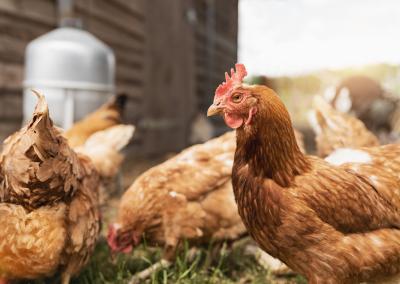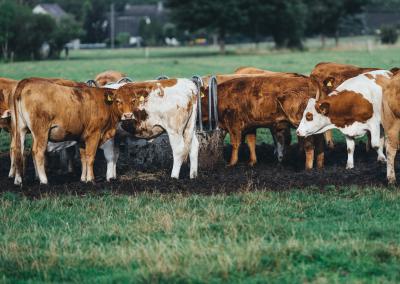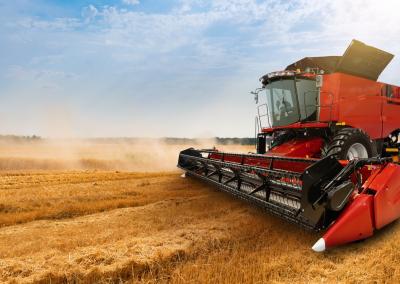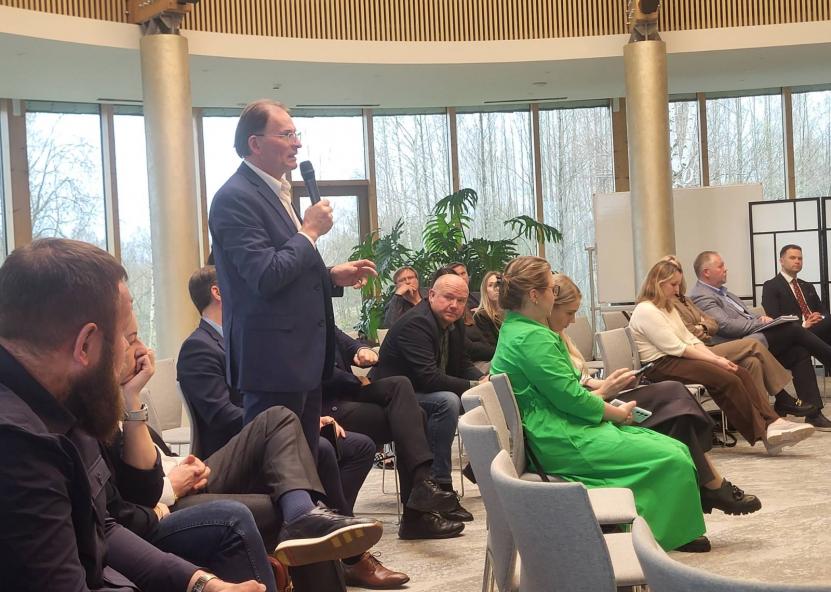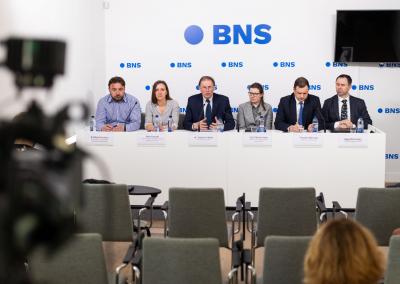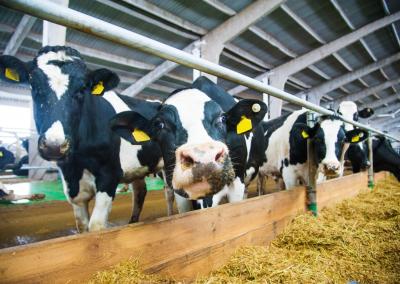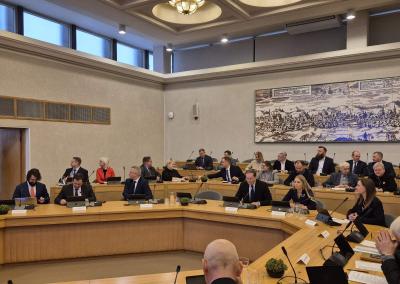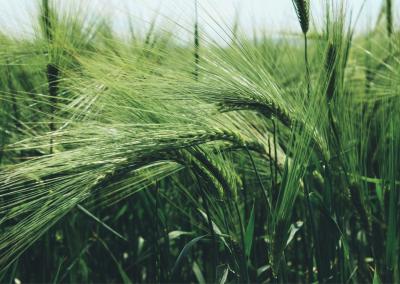Repeal of the EAA law will leave Lithuania without a voice in the EU
With the ruling „Nemunas aušra“ and two other MPs proposing to abolish the law on the Chamber of Agriculture (CAA), their leaders say that Lithuania would lose its representative in the European Union (EU), and that there would be no organisation left to defend the interests of small and young farms.
The representatives of the chamber stress that the organisation is not funded from the state budget, as the initiators of the amendments claim.
„Repeal of the law on the Chamber of Agriculture would mean that (...) we would no longer have the status of representing (Lithuania – BNS) in the EU in certain organisations, where one of the main requirements is to have the status of an umbrella organisation“, – said ŽŪR vice-chairman Vytautas Buivydas at a press conference on Thursday.
„This sounds destructive. All organisations both in Lithuania and in the EU have a classical model where we as a platform have to represent the sector at both national and international level," said the organisation's chairman, Arūnas Svitojus.
AFA Vice-Chairman Algis Baravykas assured that the AFA is „an international platform recognised everywhere“ with contacts throughout the EU.Members of the "Nemunas aušros" group, as well as the chairman of the Committee on Rural Affairs, democrat Kęstutis Mažeika, and the "peasant" Valius Ąžuolas, propose that the law on the Chamber of Agriculture should be declared null and void.
„Aušriečiai“ leader Remigijus Žemaitaitis and K. Mažeika previously explained to BNS that the repeal of the law would mean that the budget would no longer provide for the financing of the Agricultural Chamber, which amounts to about a third of a million annually.
Buivydas stressed, however, that the EAA has not received any budget funds for two years.
„For the last two years we have not received any separate funding from the budget. Therefore, the information provided by the MEPs is misleading. This was the case two years ago. The funding was cut off under Kęstutis Navickas (then Minister of Agriculture – BNS). The annual amount was about 300 thousand euros, but the Chamber no longer receives such funding," V. Buivydas told BNS.
Small, young farmers will lose voiceAccording to Buivydas, the chamber raises issues relevant to smaller, young farmers, which are not highlighted by the Council of Agriculture, which unites large farmers.
„The concentration of support is very narrowly concentrated in one hand, with 20 percent of farms receiving 80 percent of the support“, – said A. Svitojus.
V. Improving the broken regime of limiting the acquisition of 500 hectares of land, and a fairer distribution of support to farmers are among the issues that need to be addressed, Buivydas said.
„The Chamber also brings together communities, local action groups, artisans, forest owners and landowners. Their structure is much larger (than that of the Agricultural Council – BNS)“, – said one of the leaders of the organisation.
„We have reached a point where a platform that has produced a number of young farmers wants to be destroyed in the name of vested interests“, – he added.
Eglė Markevičiūtė, chairwoman of the Lithuanian Family Farms Union, said that young farmers „are afraid to speak out because they fear that they may be dealt with“.
„We are the smallest, the most sensitive, the most vulnerable. Our voice would be very little heard without the PFAs, (...) they are vitally important to us“, – said Rūta Jurgaitė, President of the Lithuanian Young Farmers and Youth Union. She said that the EAA provides advice to young people who want to start farming.
On Thursday, the EAA will meet with the European Commissioner for Agriculture and Food, Christopher Hansen, who is visiting Lithuania, to present his comments.
The National Audit Office has previously acknowledged that the activities of the EAA are financed according to a historical tradition and that the law governing the Chamber, which has not been amended since its adoption in 1997, does not specify the specific functions for which state budget funds are allocated.
At that time, the State Audit Office expressed doubts, following the state audit of the 2017 financial year, as to whether the EUR 364,000 of the state budget funds allocated to the "Strengthening of farmers' self-management" measure carried out by the EAA had been used in a targeted manner and had generated tangible benefits.

